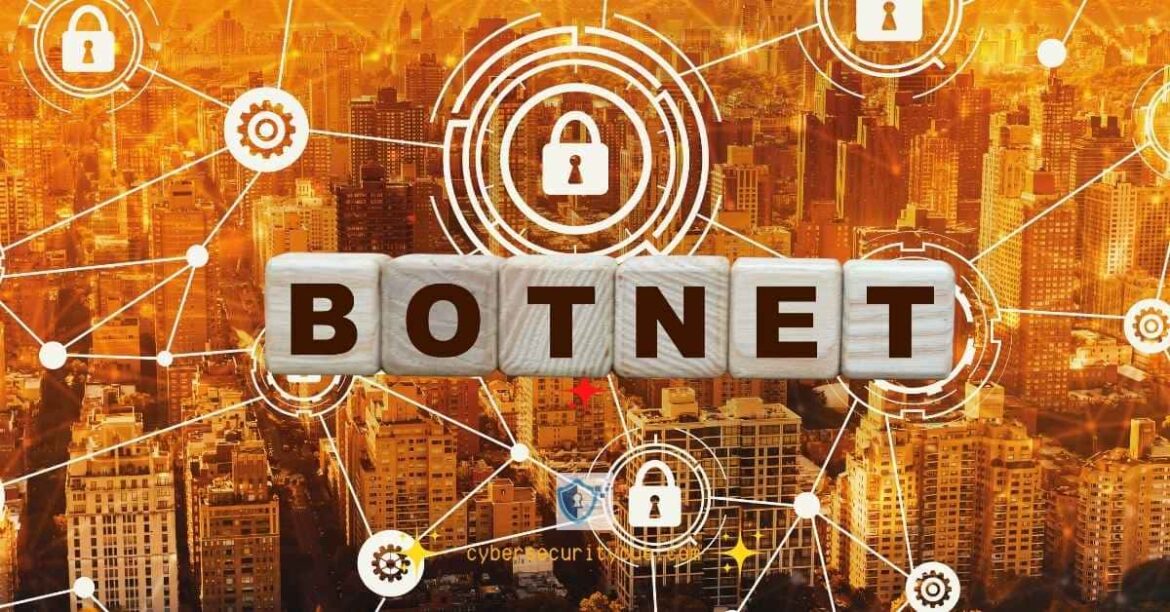Table of Contents
In the story “Mirai Botnet Targets Default Router Passwords Exploits,” Juniper Networks has issued a critical advisory regarding the Mirai Botnet targeting default router passwords, which has been actively compromising session smart routers (SSR).
Reports of infections surfaced after customers noticed suspicious activities on their devices. The malware exploits default credentials to infect systems and turn them into tools for large-scale distributed denial-of-service (DDoS) attacks.
Businesses are urged to act swiftly to secure their devices and prevent further vulnerabilities.
Key Takeaway to Mirai Botnet Targets Default Router Passwords:
- Mirai Botnet Targets Default Router Passwords: Organizations using default router credentials are at a high risk of infection and DDoS exploitation by the Mirai botnet.
The Rise of the Mirai Botnet Threat
Juniper Networks has warned of an alarming trend involving the Mirai Botnet targeting default router passwords on its session smart routers (SSR). The malware scans the internet for devices still using default login credentials, compromises them, and incorporates them into a botnet for malicious purposes.
This botnet campaign has primarily been used for:
- Launching DDoS Attacks
- Unauthorized Remote Command Execution
- System Exploitation
The devices under attack become part of a network of infected systems used to disrupt online services or exfiltrate data, putting organizations and their networks at significant risk.
Insights from Juniper Networks
Juniper Networks confirmed that several customers reported suspicious behaviors, including:
| Observed Behavior | Potential Cause |
|---|---|
| Unusual port scanning activity (TCP port 23) | Indicating unauthorized access attempts |
| Failed SSH login attempts | Suggesting brute-force attack efforts |
| Sudden spikes in outbound traffic to unknown IPs | Potential data exfiltration or botnet communication |
| Unexpected system reboots or erratic behavior | Signs of system compromise |
| Connections from malicious IP addresses | Evident of botnet activity |
These incidents were traced to Mirai infections exploiting SSR devices with default passwords.
Recommendations for Protection
Juniper Networks provided clear recommendations to mitigate the threat:
- Change Default Credentials:
Replace default usernames and passwords with strong, unique combinations immediately. - Monitor Activity:
Regularly review access logs to detect abnormal behavior, such as failed login attempts or traffic spikes. - Implement Firewalls:
Use firewalls to block unauthorized access to routers. - Update Devices:
Keep firmware and software versions up-to-date to close security gaps. - Reimage Infected Systems:
If a device is compromised, reimage the system to ensure complete removal of malware. - Enable Advanced Monitoring:
Use advanced tools to detect unusual activities, such as port scanning or unauthorized SSH logins.
Juniper Networks emphasized that following these best practices can significantly lower the risk of falling victim to Mirai or similar malware campaigns.
Mirai Botnet’s Impact
The Mirai botnet has gained notoriety for its ability to exploit connected devices globally.
It first gained attention in 2016 when it was used to launch one of the largest DDoS attacks in history, affecting websites like Netflix, Twitter, and Reddit. The botnet’s ability to leverage default credentials remains a critical vulnerability.
In this recent campaign targeting Juniper’s SSR devices, Mirai exploits default passwords to gain root access, execute malicious commands, and turn devices into nodes of a botnet.
Steps Forward
This incident underscores the importance of proactive cybersecurity measures. Organizations must prioritize securing connected devices by replacing default credentials, monitoring traffic patterns, and ensuring timely updates.
With cyber threats evolving daily, companies like Juniper Networks are instrumental in providing the tools and knowledge to combat vulnerabilities effectively.
About Juniper Networks
Juniper Networks is a global leader in networking technology, offering high-performance solutions for enterprises and service providers.
The company’s products include routers, switches, and cybersecurity tools designed to protect organizations against modern threats.
Rounding Up
The Mirai Botnet targeting default router passwords serves as a stark reminder of the dangers of weak security practices.
By following Juniper Networks’ guidance, organizations can safeguard their devices against this persistent threat. Taking proactive steps now can save businesses from significant financial and reputational harm in the future.
FAQs
What is the Mirai botnet?
- Mirai is a malware that turns internet-connected devices into a network used for DDoS attacks.
How does Mirai compromise devices?
- It exploits default passwords to gain unauthorized access and execute commands remotely.
What devices are vulnerable?
- Any device using default credentials, including Juniper’s session smart routers, is at risk.
How can I protect my network from Mirai?
- Change default credentials, monitor for unusual activity, and update your devices regularly.
What should I do if my device is infected?
- Reimage the device immediately to remove the malware entirely.
Why is Mirai still a threat in 2024?
- Many devices continue to use default passwords, making them easy targets for exploitation.





